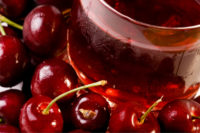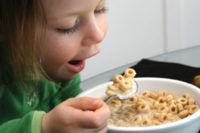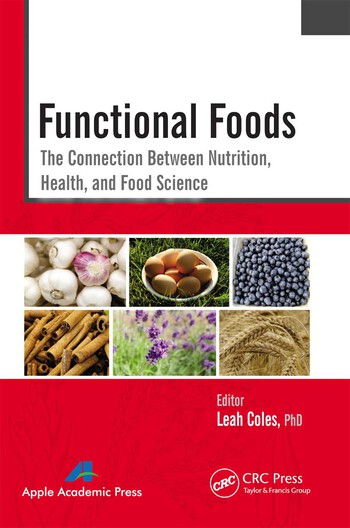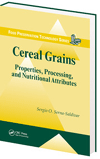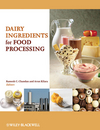Nestle Buying Pfizer’s Infant Nutrition Biz
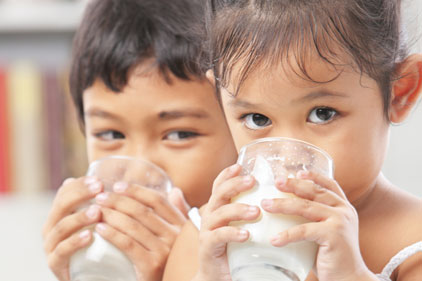
Nestle, the maker of Gerber baby foods and Good Start infant formula, was already seen as likely to win the battle due to its deep pockets after it sold its stake in eyecare group Alcon to Novartis, and has refrained from announcing a new share buyback program.
The fight for the Pfizer unit, which makes 85% of its sales in emerging markets, had intensified last week, with the price escalating sharply from bids around $10 billion after Danone was reported to have raised its offer.
The acquisition, which is subject to regulatory approval, is expected to close in mid-2013 and will help Nestle extend its lead in the infant formula market.
"The price tag is high; however, Nestle is securing a high growth/margin business with high exposure in the emerging markets. China will become the number-three market for Nestle overall," said Vontobel analyst Jean-Philippe Bertschy.
Nestle said the deal would be add to earning per share from the first year and would allow cost synergies of $160 million. Bertschy estimated the deal would add about 0.5% to earnings per share in the first year and 1.5% in the following years.
"Although the growth profile, attractive margins and emerging market exposure makes this a compelling asset, we believe that the multiples being some way ahead of market expectations may dampen near term enthusiasm for the deal," said Citi analyst Robert Dickinson.
The $11.85 billion value of the deal was above the $10 billion which had been expected and ahead of previous Nestle deals in the sector when it paid 15.7 times for Gerber and 17.6 times for Novartis Nutrition, according to Citi.
The Pfizer unit is a high-growth business built on its top SMA Gold brand. Some 60% of sales are in Asia, 30% in Europe, largely Britain, and 10% in Latin America.
It ranks number five globally in the infant milk formula market -- the world's fastest-growing packaged food category -- after Nestle, Mead Johnson, Danone and Abbott Laboratories , with a quarter of sale in the buoyant Chinese market.
The $6 billion Chinese market is key, as it is set to double to $12 billion by 2016, having grown at more than 20% a year over the last five years to feed 16 million new births a year. Mead leads the Chinese market with a 16% share followed by Danone with 14%, Pfizer is fifth with an 8% share, while Nestle has just 4%.
Pfizer put its infant nutrition and animal health businesses up for sale last July as it looks to focus on its core pharmaceuticals business.
From the April 23, 2012, Prepared Foods’ Daily News
Looking for a reprint of this article?
From high-res PDFs to custom plaques, order your copy today!



